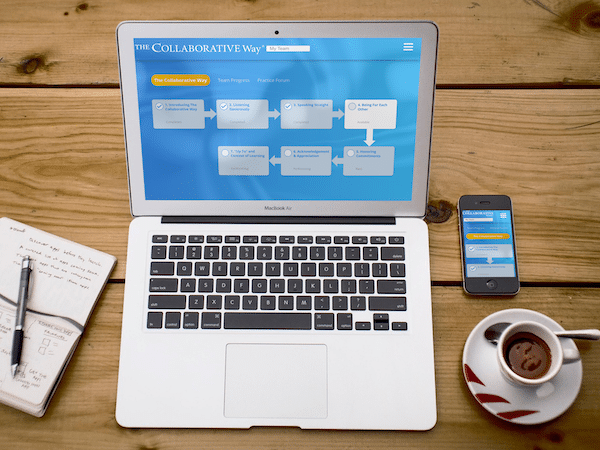One of the keys to the practice of Listening Generously is becoming aware of your listening filters, and there’s one filter in particular that I’d like to look at today. It’s one that all of us fall into sometimes: the “I can fix it” filter. Whether it’s with our kids, our spouse, our colleagues, or our friends, when someone starts telling us about a problem they’re having, we often jump to engaging with them about trying to fix the problem instead of taking time to truly listen to them and appreciate the problem from their perspective first.
I had a powerful experience of this one morning with my wife, Lynne. I was standing in the doorway of the bathroom, and Lynne was sitting on the edge of our bed, slouched forward with her head in hands. She said, “I can’t do it. I can’t deal with this anymore. I can’t keep doing this.” She’d been fighting ovarian cancer for 4 years, and the latest round of chemotherapy was taking a toll on her. It broke my heart to see her suffering like that, and I wanted to make her pain go away. I wanted to talk her out of giving up and convince her that it was going to be alright. I wanted to fix her problem for her.
Fortunately, I recognized that I was listening to her through the “I can fix it” filter. It was difficult, but I set the filter aside and went over and sat down next to her on the edge of the bed. I didn’t tell her it was going to be OK. I didn’t try to talk her into seeing how she could get through it. Instead, I brought real curiosity to what she was saying, gave her my full listening, and made sure she felt heard and appreciated.
After a while, after she’d told me everything she wanted to say about what she was going through, she said, “OK, I’m not going to give up. I can do this. I can keep going.” Instead of trying to fix her pain for her, which was impossible anyways, I listened generously to her, and that’s what helped her recover her center and her will to continue to bring her beautiful presence forward, a presence that was a blessing and inspiration to me for our 40 years together.
Lynne discovered her own way forward, and I’ve found that’s often the case: when you listen generously to someone who’s telling you about a problem, they often discover a way forward on their own, which is more powerful and gives them more ownership of the solution than if they got the solution from you. I’ve also found that if you do move into offering a solution or co-creating one after Listening Generously, your work together is more useful and effective because it’s informed by your understanding and appreciation of their perspective.
I encourage you to take on the challenge of catching yourself when you fall into this common filter so that you can choose to set it aside and give the gift of Listening Generously.
— Lloyd Fickett


